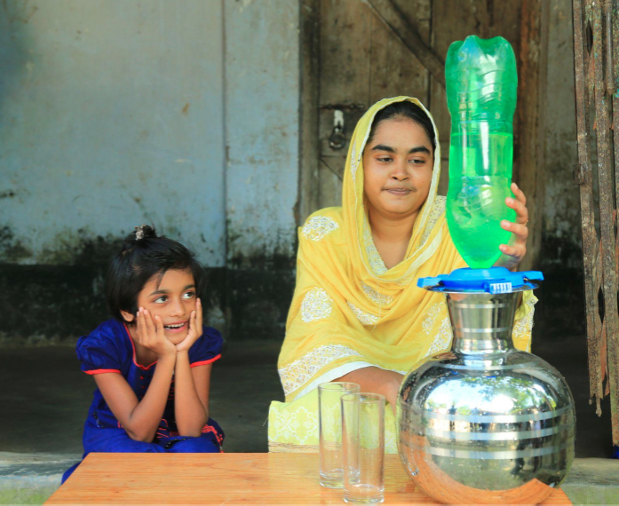International Journal of Educational Development, Volume 117, September 2025
Endocrine Practice
Volume 31, Issue 9, Supplement, September 2025, Page S193
Evidence from preclinical research suggests that dysfunction in thyroid hormones may increase ?-amyloid levels and tau phosphorylation, 2 hallmark features of Alzheimer's Disease(AD). This study showed a strong association between hypothyroidism and AD mortality.
RELX Environmental Challenge 2025: four shortlisted projects to bring safe water and sanitation to communities around the world
The RELX Environmental Challenge 2025 shortlist features four innovative projects that provide sustainable access to safe water and improved sanitation. The RELX Environmental Challenge prioritises replicable, scalable, sustainable and innovative solutions. They must also have practical applicability and involve local communities and other key stakeholders.
Learning and Instruction, Volume 98, August 2025
Pharmacological Research, Volume 218, August 2025
Journal of Prevention of Alzheimer's Disease, Volume 12, 1 August 2025
Pharmacological Research, Volume 218, August 2025
Brain Research Bulletin, Volume 228, August 2025

